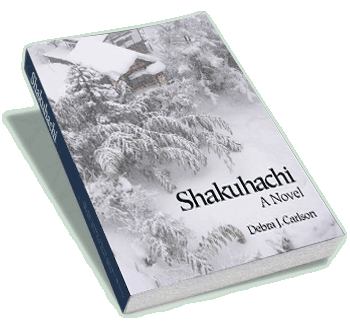 Shakuhachi
Shakuhachi
Artist Kenji Nakagawa works at an up-and-coming Tokyo animation studio in 1974. He lives a comfortable and complacent bachelor's life until he is handed his mother's ashes—the ashes of a woman he thought died 30 years earlier during the firebombing of Tokyo at the end of World War II. As Kenji struggles to find a final resting place for his mother's ashes, he confronts a painful question: why did his mother abandon him? His search for answers takes him from the cigarette smoke-filled animation studios of Tokyo to the rugged wilderness of his village hometown. His effort to solve this mystery touches everything: his identity, a budding romance, and his drawing. Kenji ultimately finds a place for his mother's ashes. But it is his gradual understanding of her choices that allows him to embrace his future. Shakuhachi weaves Kenji's story, his mother's story, and the story of the shaman miko healer who raises him into a tapestry of human grief and pain transformed.
Publisher and agency inquiries welcome; contact info@djcarlson.com
About the Title
The novel takes its title from the famous Japanese shakuhachi ("shah-ku-ha-chi") flutes, made from bamboo and first played by Zen Buddhist monks known as the kumuso, or "priests of nothingness." The shaman, inspired by a dream, crafts a shakuhachi for Kenji at his time of crisis—an instrument that will ultimately lead him back to his past and reveal his future.
Awards
Shakuhachi won third place in the Historical Fiction category of the 2010 Pacific Northwest Writers Association literary awards. Debra J. Carlson won a 2008 Centrum/Artists Trust Residency Grant for her work on the novel.
Additional Information
